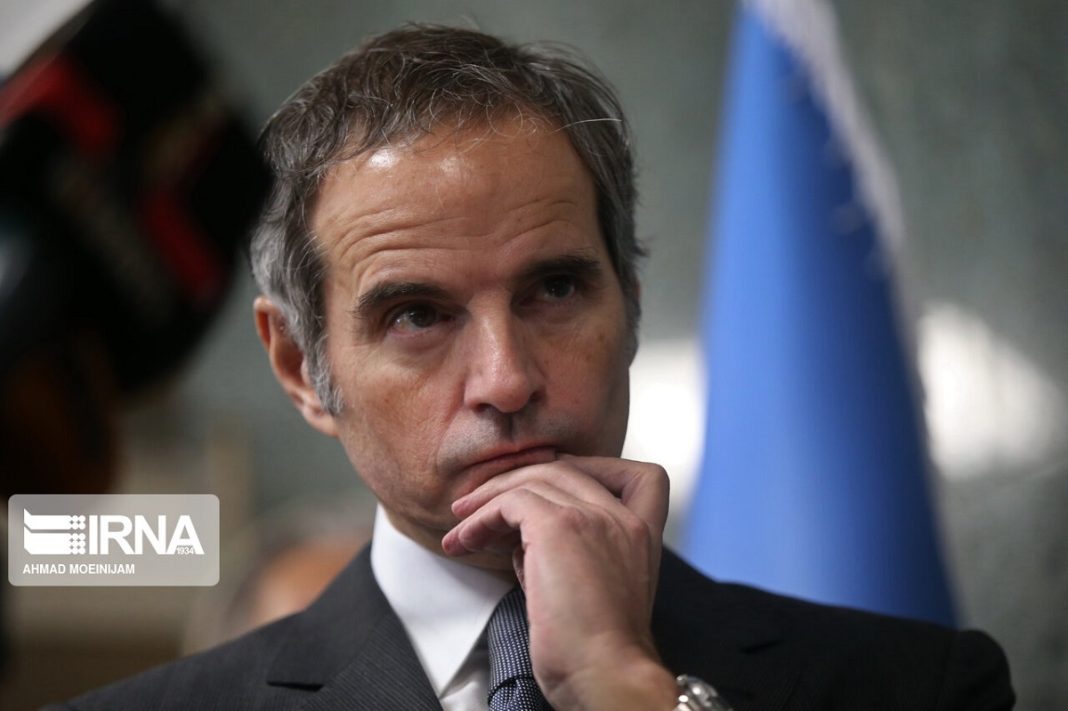“I might be back in Tehran… in February, perhaps, for a much-needed political dialogue, or reestablishment thereof, with Iran,” Grossi told lawmakers in the European Parliament on Tuesday.
Regarding talks about restoring the 2015 Iranian nuclear deal, formerly known as the Joint Comprehensive Plan of Action (JCPOA), Grossi pointed to a “big, big impasse” on the matter, claiming that Iran’s pullback from it – including disconnecting 27 IAEA cameras monitoring its declared nuclear sites – means that the IAEA was no longer effectively monitoring Tehran’s nuclear program.
“I’ve been blind on this aspect for at least a year,” he added.
Grossi stated he hopes to “be making some progress” on restoring cooperation with Iran during his planned visit.
Speaking about Iran’s recent nuclear activities, Grossi said, “That trajectory is certainly not a good one”, adding that Iran’s growing stock of enriched uranium is of concern.
“They have amassed enough nuclear material for several nuclear weapons — not one at this point,” the head of the UN’s nuclear watchdog claimed, listing 70 kilograms of uranium enriched to 60% purity and 1,000 kilograms at 20%.
However, Grossi admitted that the big stockpile of enriched uranium “doesn’t mean they have a nuclear weapon,” noting that building an atomic bomb would require designing and testing.
“I’m not saying it is impossible. And I’m not saying we should be complacent,” he concluded.
It is noteworthy that Iranian Foreign Minister Hossein Amirabdollahian reiterated that “the window for negotiation that is open today will not remain open tomorrow if the United States and others do not stop the hypocrisy.”
Signed by Iran and the 5 + 1 group in 2015, the JCPOA placed significant restrictions on Iran’s nuclear program in exchange for easing unlawful sanctions. However, then-US President Donald Trump unilaterally withdrew from the agreement in 2018, claiming that it had failed to reduce the program and Iran’s regional influence.
As a result, Iran ignored the restrictions imposed on its nuclear program and defied the sanctions that the US administrations have continued to impose since then.
With his assumption of the US presidency, Joe Biden announced his intention to negotiate with Iran to return to the agreement. On-off talks to revive the JCPOA started in April 2021 throughout nine rounds in Vienna, the last of which was in August 2022, in addition to a tenth round in Doha in June. But the indirect talks between the US and Iran have stalled for several months with Iran facing Western-led riots.
